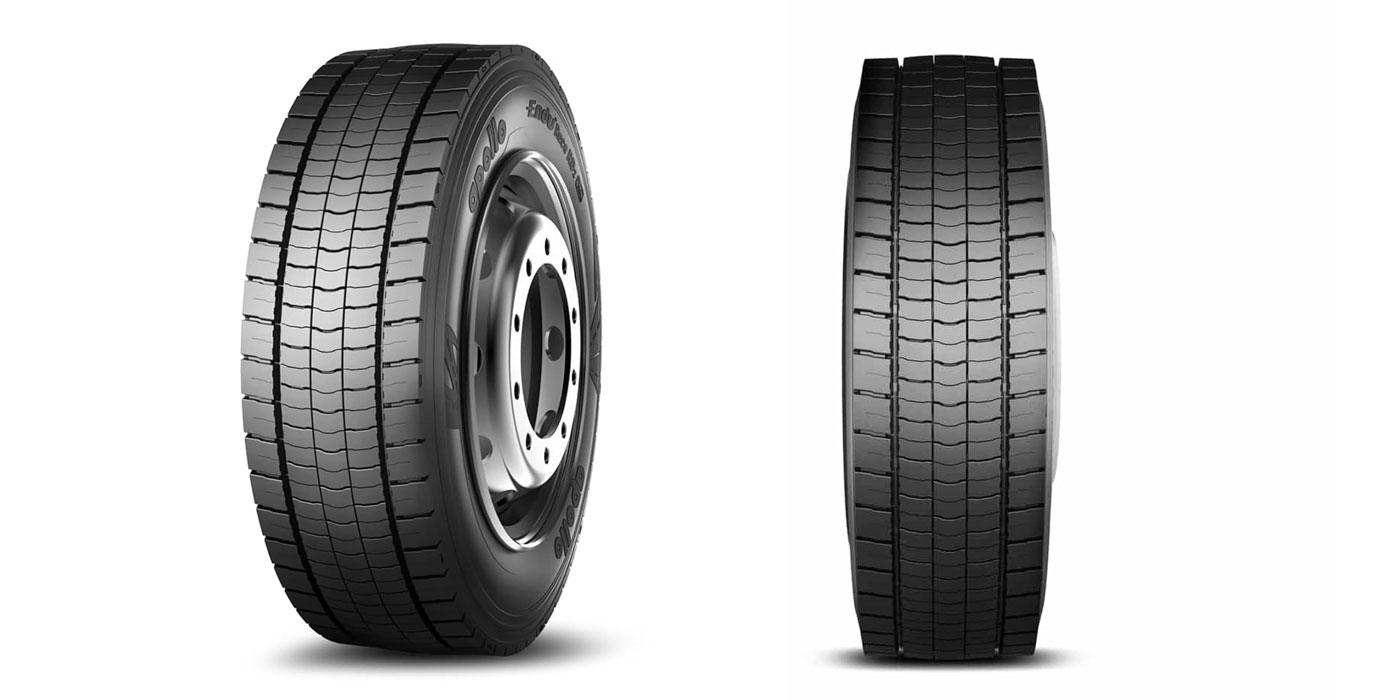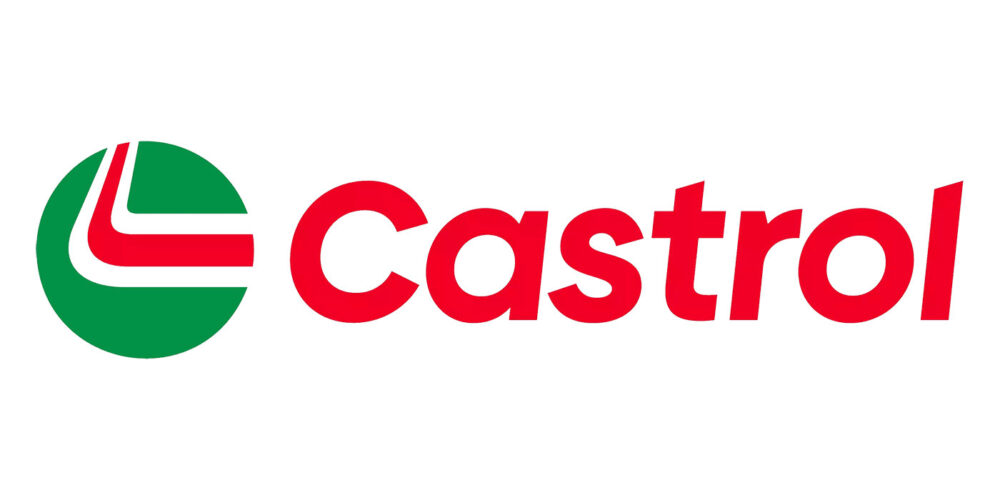The Federal government has finally approved the design and construction of a second liquified natural gas (LNG) export terminal (Canada has several).
For some time, Cheniere Energy had the only LNG site approved by the U.S. government. Some question existed as to whether or not the government was going to allow natural gas producers to export natural gas to other countries. (The exportation of U.S. crude oil is banned by law.)
The lack of approval of a second LNG export terminal served to put a damper on some natural gas producers. They felt it would take considerable time to develop the market for compressed natural gas (CNG) in this country, so they were reluctant to spend valuable exploration and production (E&P) dollars before the market in the U.S. was significantly larger.
Since the cost of petroleum in Europe and China is four times what it is in the U.S., approval to export natural gas in LNG form (to minimize shipping costs) will cause natural gas developers to accelerate their E&P efforts.
Mobil is currently making plans to build a $10 billion terminal to export LNG to Qatar. This is a threefold endorsement of gaseous fuels. First, Mobil wouldn’t invest that much time and energy without a guaranteed return. Second, the Middle East is now realizing that its crude oil reserves (that have been overstated for years) are playing out. Third, it says that the Middle East’s extensive investment in solar power wasn’t the solution to its energy shortages.
Several major companies have invested heavily in Arctic crude oil E&P, but Arctic crude is extremely expensive to find and bring to the surface. It just doesn’t make economic sense in North America. That’s why the majority of investment has been by Europeans (including Russia, Scandinavia and Shell). They intend to sell this crude in Europe and China at much higher prices than it will bring in North America. We will get all the crude we need from both the U.S. and Canada.
BP, which has a huge presence in the U.S., is spending millions to convert a refinery in Whiting, Ind., to handle the Canadian heavy oil crude extracted from oil sands. This refinery update will be completed before fall and will increase U.S. refining capacity by more than 200,000 barrels per day. Canadian crude currently costs $22 a barrel less than West Texas Intermediate crude.
The International Energy Agency (IEA), based in Paris, recently stated that North America will provide 40% of new oil growth through 2018. OPEC’s contribution will slip to 30% by then. Global oil demand is expected to increase by 6.1 million barrels per day (6.7%) to 96.7 million barrels per day by 2018. In fact, it now appears that the petroleum needs of China and India will be primarily met by U.S. production increases. North American production is expected to increase by 3.9 million barrels per day by 2018.
Environmental activists’ efforts to ban all U.S. “fracking” are now encountering some resistance in two states. California recently defeated a bill to ban all fracking within the state’s borders. Two cities in Colorado, one of the top 10 U.S. oil producing states, recently banned fracking. Now the discussion has escalated to the state level.
Since the Governor of Colorado is a licensed geologist with a master’s degree, he should add some needed stability and logic to these rather emotional discussions. The oil industry currently provides 4,800 jobs in the state of Colorado.
How about that for a turnaround? A few years ago, no one would have predicted that U.S. shale oil production could be responsible for getting our economy back on track. Now let’s get that Keystone XL pipeline quickly approved!













